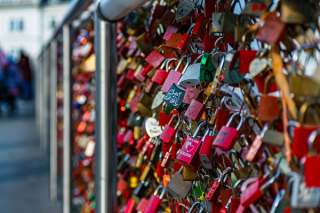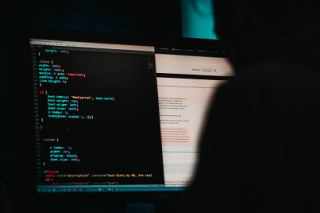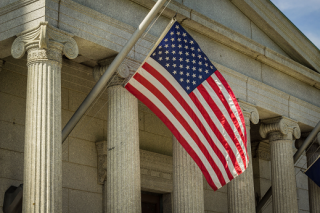
France says no to encryption backdoors
France has joined the Netherlands in rejecting mandatory encryption backdoors in software products. We recently examined the UK's draft "snoopers charter" that includes this as a requirement.

France has joined the Netherlands in rejecting mandatory encryption backdoors in software products. We recently examined the UK's draft "snoopers charter" that includes this as a requirement.

Some former NSA and CIA officials have recently made some good points about why use of strong encryption should not be curtailed or crippled.

We looked at the UK's draft Investigatory Powers Bill recently, looking at the complex issue of secret government-mandated "back doors" into encryption software.

We recently posted about the VTech hack, in which millions of user account details were stolen from the Chinese toymaker. We noted that account passwords were hashed using MD5, making it easy to retrieve passwords.

VTech is a Chinese company, and in November, VTech's servers were hacked and the personal data of almost 5 million customers was stolen.

We recently blogged about how the SHA-1 hash algorithm is now considered to be broken.

FBI director James B. Comey has for some time been a critic of encryption technologies, arguing that challenges for his agency are growing as groups they are monitoring "go dark"

George Danezis from University College London has an excellent blog post detailing the most serious implications of the bill, particularly its gagging orders against disclosure of state surveillance.

The United States is no longer regarded as a "safe harbour" for EU data - and that's big (and welcome) news for Europeans.

In 1994 the source code for RC4 was leaked on the Internet, and it quickly became popular because of its simplicity and speed.